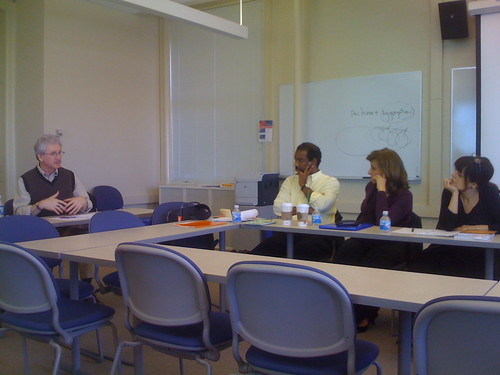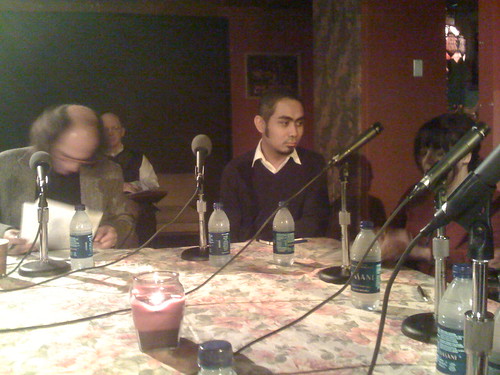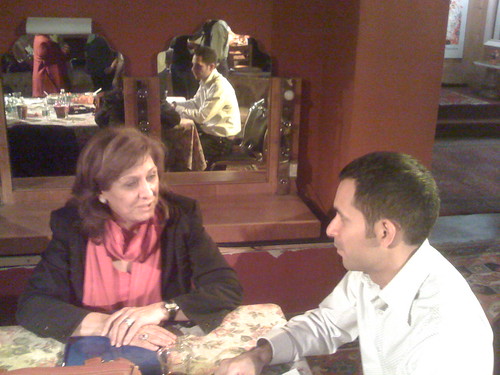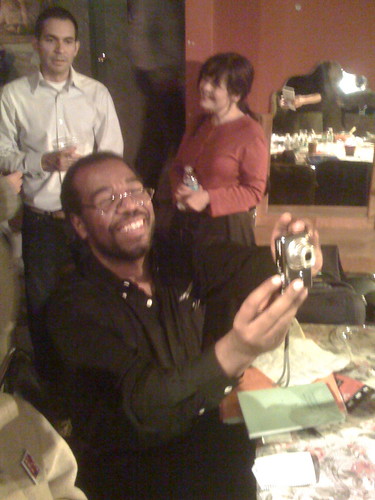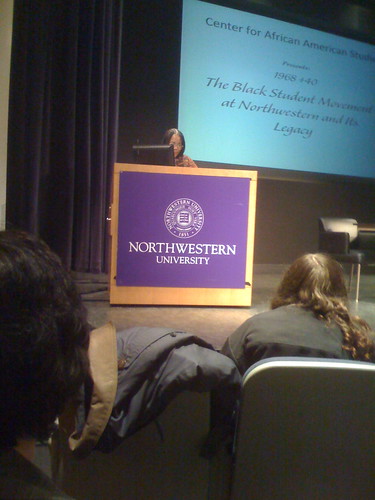===
I should note that one of the first bits of international news I heard on Thanksgiving Day morning concerned the horrific series of attacks, lasting for three days, in Mumbai, India. As of the most recent tally, over 195 people were killed, nearly 300 were injured, and the physical destruction to Mumbai's chief attractions and the psychological damage to its people and to India more broadly, as well as the further destabilization of India's already fraught relationship with neighbor Pakistan, are as of this point still incalculable. According to this Daily Mail account by the lone surviving terrorist, the original aim of this gang was to kill around 5,000 people and cause inestimable destruction. 3 RDX bombs they had planted which could have raised the death and destruction totals and razed the Raj, were thankfully either defused or did not go off. The recriminations in the Indian government have begun, as have accusations of Pakistan's complicity, but I sincerely hope before anything escalates at the national level between these two nuclear powers that they, and other nations, including the United States, can sit down and figure out what happened and how, even in light of the intractable problem of Jammu and Kashmir, as well as other issues, to prevent it in the future.
People hold a candle-light vigil, for the victims of the terrorist attack in Mumbai. (AP Photo)
‡‡‡
 On a different continent, another horror was playing out: the politically oriented, socially fractious riots in Jos, Plateau State, Nigeria, where over 350 (or considerably more, depending upon the source) people have died, countless have been injured, and residents of certain neighborhoods have had to flee their homes (photo at left, IRIN). The Plateau state governor has dispatched troops to calm the violence, which was led by armed bands of opposing political factions that closely mirrored the Muslim and Christian divisions in many parts of central and northern Nigeria. What appeared to spark the riots were allegations that the People's Democratic Party (PDP) had unfairly won the elections. As the first article I linked to suggests, the Nigerian federal government should probably step in to calm the tensions and assure, to the extent possible, the fairest and most transparent resolution to the electoral contest.
On a different continent, another horror was playing out: the politically oriented, socially fractious riots in Jos, Plateau State, Nigeria, where over 350 (or considerably more, depending upon the source) people have died, countless have been injured, and residents of certain neighborhoods have had to flee their homes (photo at left, IRIN). The Plateau state governor has dispatched troops to calm the violence, which was led by armed bands of opposing political factions that closely mirrored the Muslim and Christian divisions in many parts of central and northern Nigeria. What appeared to spark the riots were allegations that the People's Democratic Party (PDP) had unfairly won the elections. As the first article I linked to suggests, the Nigerian federal government should probably step in to calm the tensions and assure, to the extent possible, the fairest and most transparent resolution to the electoral contest.+++
On a completely different note, I've been following of late in some of the conversations composer and Juillard School professor Greg Sandow has initiated on his blog around current problems with classical/European-American art music. He is now compiling a list of what he suggests are ways that classical music "doesn't connect" with contemporary audiences. There have been some excellent thoughts and suggestions, from Sandow and others in the classical music field, and I haven't had too much to add, except on a few points where I can speak without sounding like too much of a fool. Sandow has more than once attempted to analogize the condition of the contemporary classical music world--meaning more than just composers and compositions, for example, and encompassing all of the related institutions--to other art genres and forms, noting for example that classical music concerts tend to emphasize a fairly historically and formally narrow collection of composers and works, especially at the expense of the new.
One of my first thoughts about this was that, in fact, if you take literature, every single genre, in almost every nation, society, and culture around the world, presents new works alongside the classics, and it would be very strange, for example, to read only or primarily works from 200+ years ago, whether they were poetry, drama, fiction, nonfiction, criticism, and so on, even though in some cases those works still hold tremendous sway over contemporary literary production. In the case of American literature, of course, British literature from Modernism backwards looms large, which is unsurprising, but there isn't a single major institution in the academic or publishing realms, no matter how fixated it might be on the importance of British literature in relation to American or any other literature, that would primarily or only teach British texts from, say, the British Renaissance, employ scholars in this area, invite people to present talks on or read from texts written during that period. I don't think even British Renaissance (and perhaps say Italian, French, and German Renaissance) scholars and enthusiasts would find that all too interesting. And yet it is very much the case in the classical music world that the music produced from the late Baroque period through the late Romantic era (roughly Bach to Mahler), primarily in German-speaking countries but with some selections from France, Italy, and Britain, garners the overwhelming share of attention and programming at most orchestras. In some cases, most work produced in the 20th and now 21st centuries, beyond selected composers and works, does not get played very much if at all.
One could make all sorts of arguments about why this happens, and that is what Sandow and company have been engaging in for some time (years, really). I'm interested to know what other J's Theater readers think about this. If we were to look at other genres of say, music, especially popular music, which Sandow does reference quite frequently, I would argue that if the musical genre is still living, which is to say, if people are still creating within the generally accepted forms and modes of that music, it's common to hear both the older, sometimes oldest, forms of that music as well as the most recent. Jazz would be one example, but rock & roll, or the much younger hip hop would also fit the bill. Or maybe none of these musical forms can be analogized to classical music in the same way, because of incommensurabilities, like history and chronology and technology and systems of distribution and performance, and so on. What do you think?
===
I didn't post anything on the 125th edition of "The Game," and I truly didn't pay much attention to it, but when I learned the results, I was quite happy that a certain team based in New Haven did not win (they did not score a point). Nevertheless, the Crimson and the Bears finished in a tie for the league championship. The University's team, the Wildcats, finished 9-3, ranked 25th in the country, which means a Bowl visit.
***
Lastly, this Sierra Leonean begs to differ on a key, recent US historical point, while a black St. Louisan demonstrates he's living in a parallel universe. Chacun à son goût, I think the phrase goes....



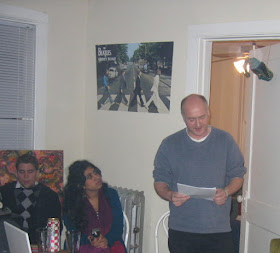




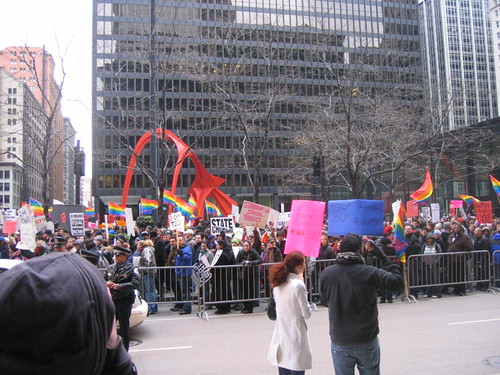
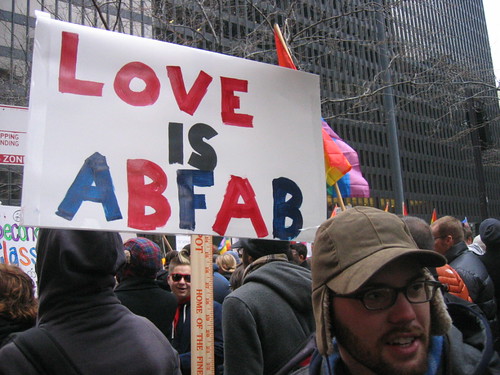
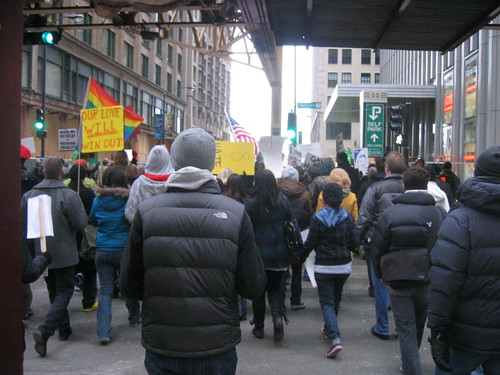
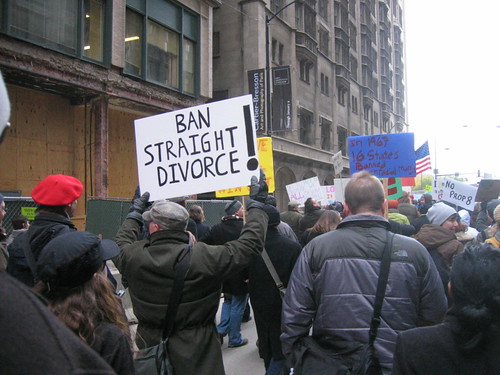
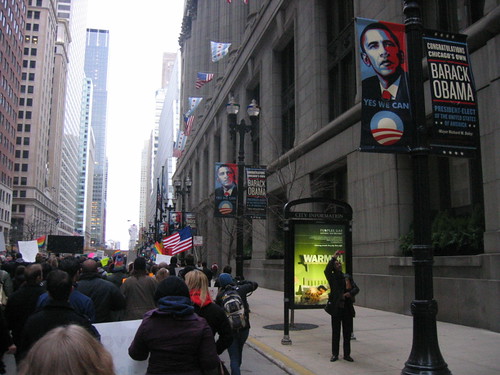
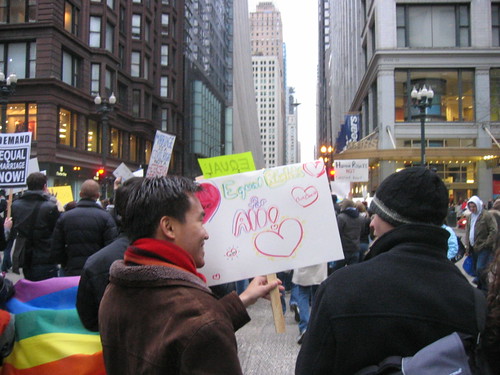
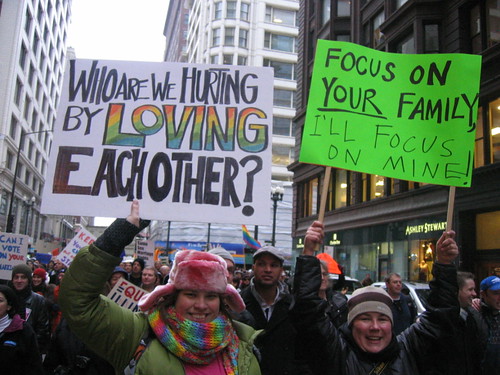
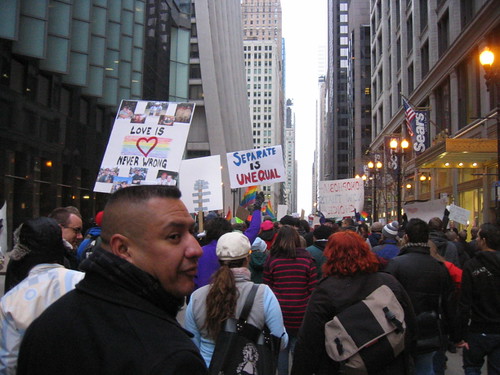
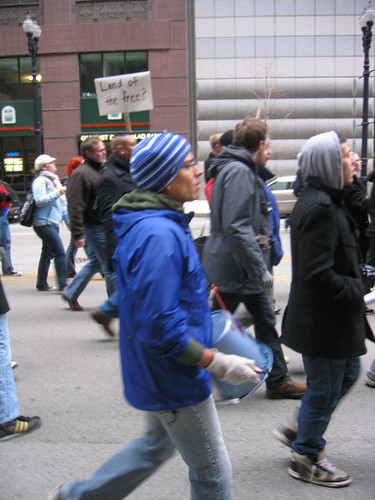
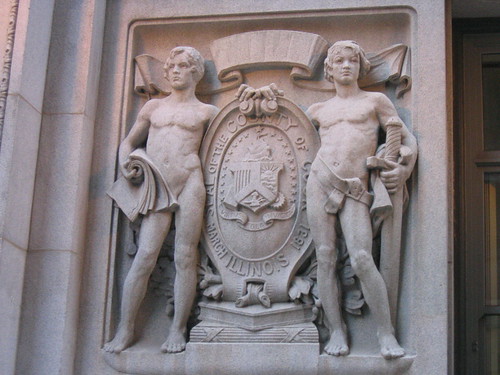
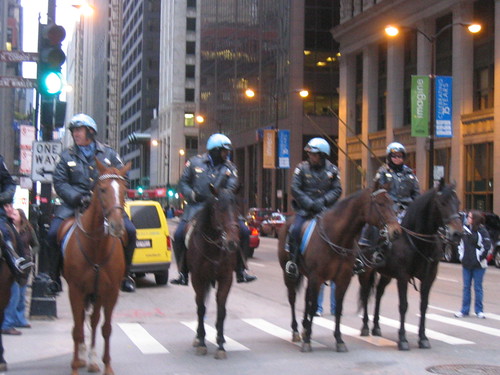
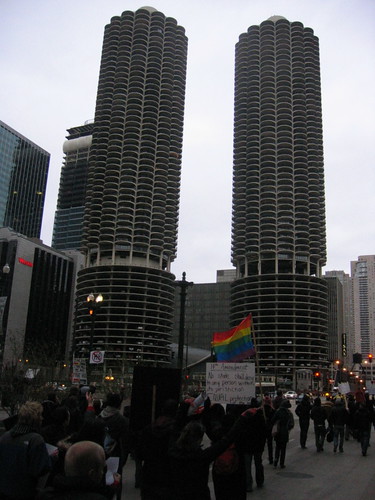
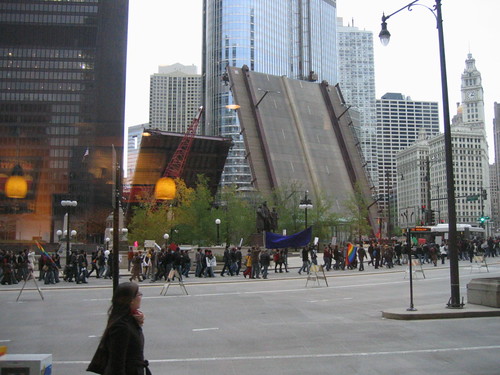
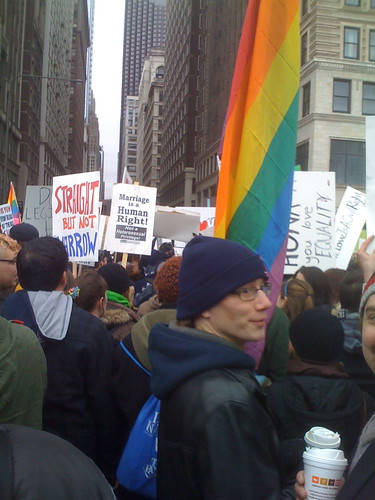
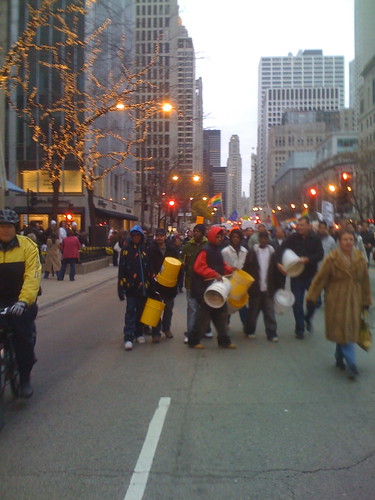
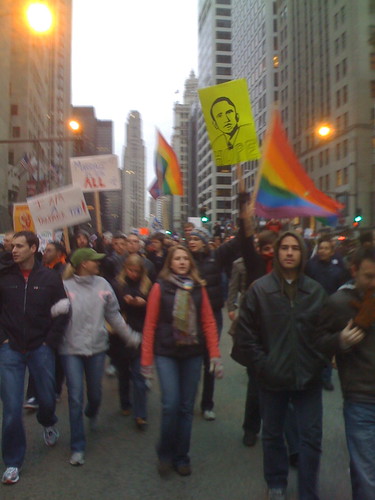

 Back to President Elect Obama, I'm trying not to focus too much on the ideological-political casts of his appointees (I've been disappointed by some of the picks, like
Back to President Elect Obama, I'm trying not to focus too much on the ideological-political casts of his appointees (I've been disappointed by some of the picks, like 
 One of the most dismaying bits of recent news was the horrific
One of the most dismaying bits of recent news was the horrific  "I think that magic has to do with the subconscious, much as the ancient sorcerers believed. The identification of man with his material surroundings and his active participation in that world are detailed in books of Carlos Castañeda, for example, as well as, on a different level, with the books of sociologists like Lévy-Bruhl and Ernst Cassirer, or Lévi-Strauss. The magical identification has a lot to do with literature, this alternate way of viewing the world."
"I think that magic has to do with the subconscious, much as the ancient sorcerers believed. The identification of man with his material surroundings and his active participation in that world are detailed in books of Carlos Castañeda, for example, as well as, on a different level, with the books of sociologists like Lévy-Bruhl and Ernst Cassirer, or Lévi-Strauss. The magical identification has a lot to do with literature, this alternate way of viewing the world." Weeks ago I went to see my colleague
Weeks ago I went to see my colleague 
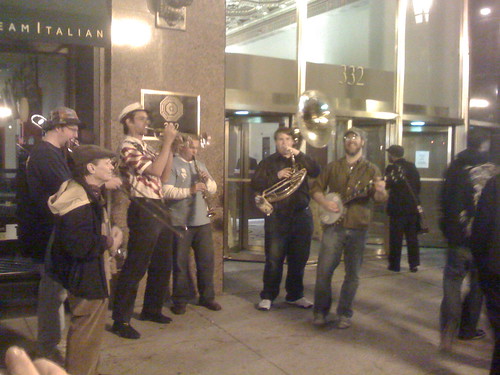
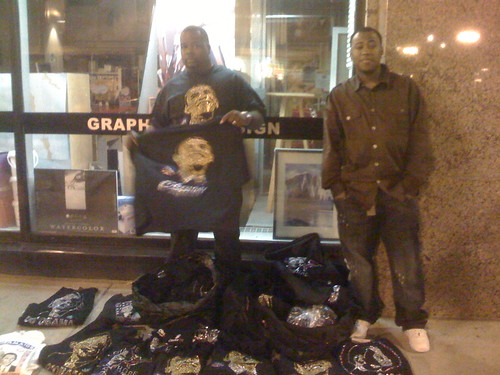
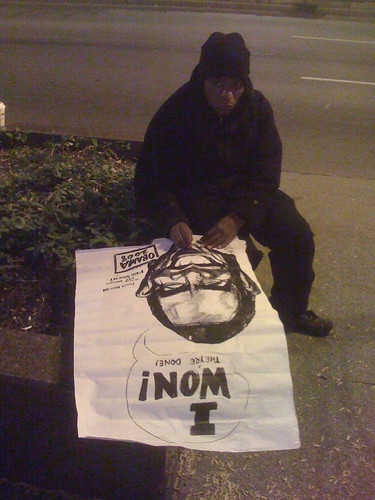
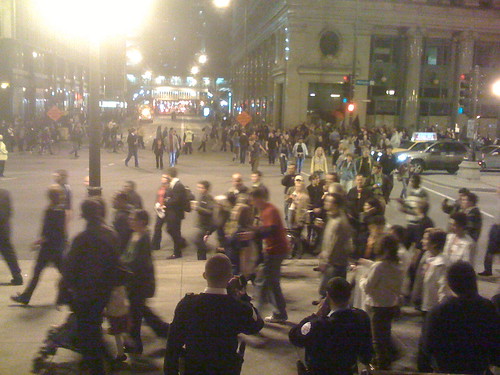

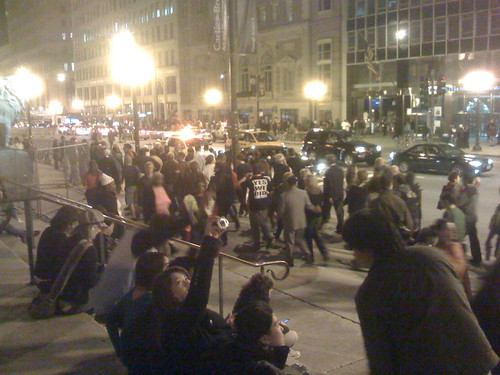
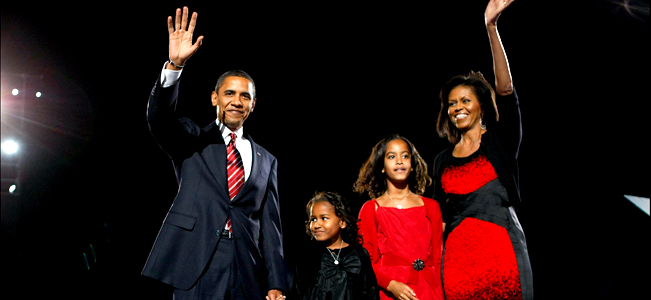



 Congratulickations to Cave Caneiste
Congratulickations to Cave Caneiste 